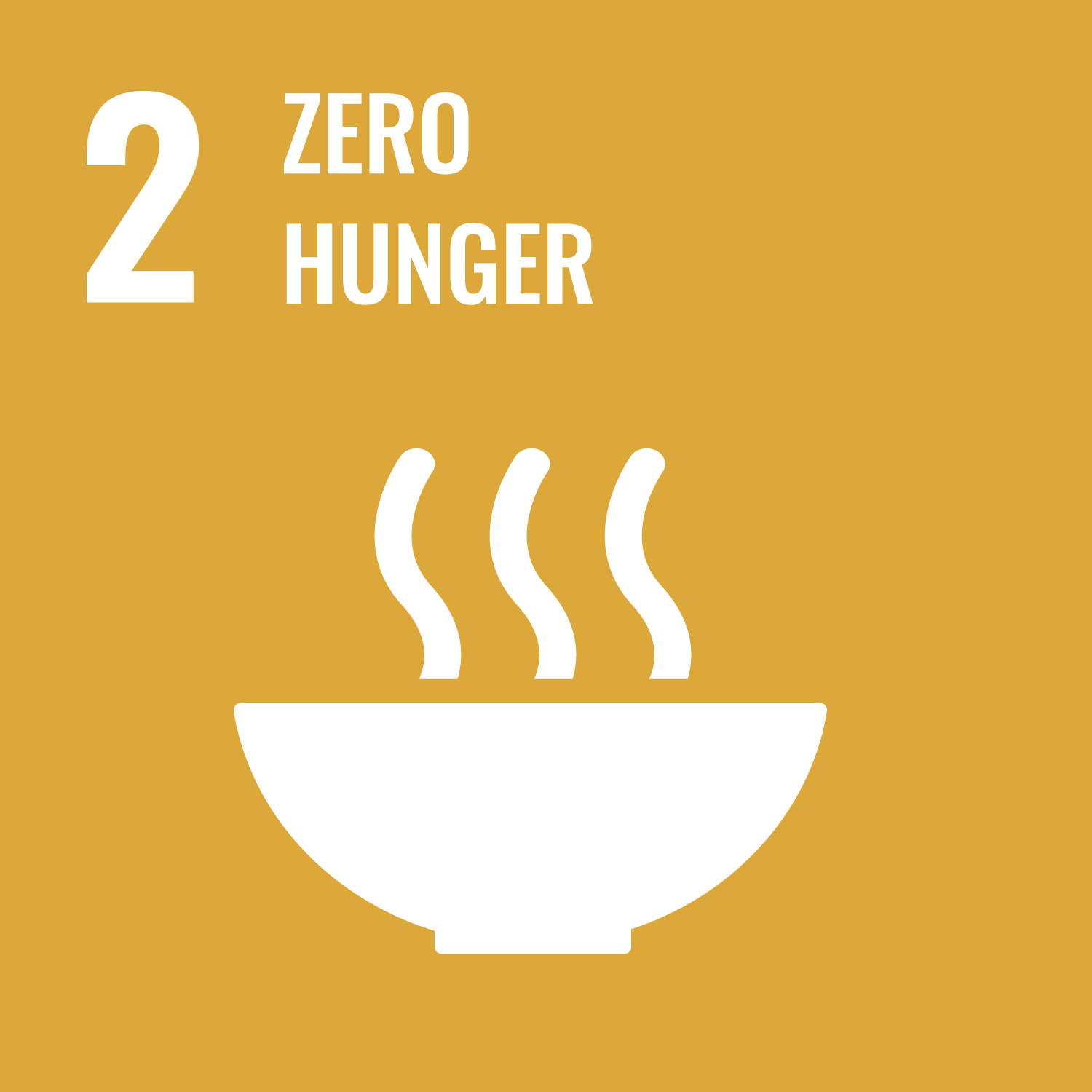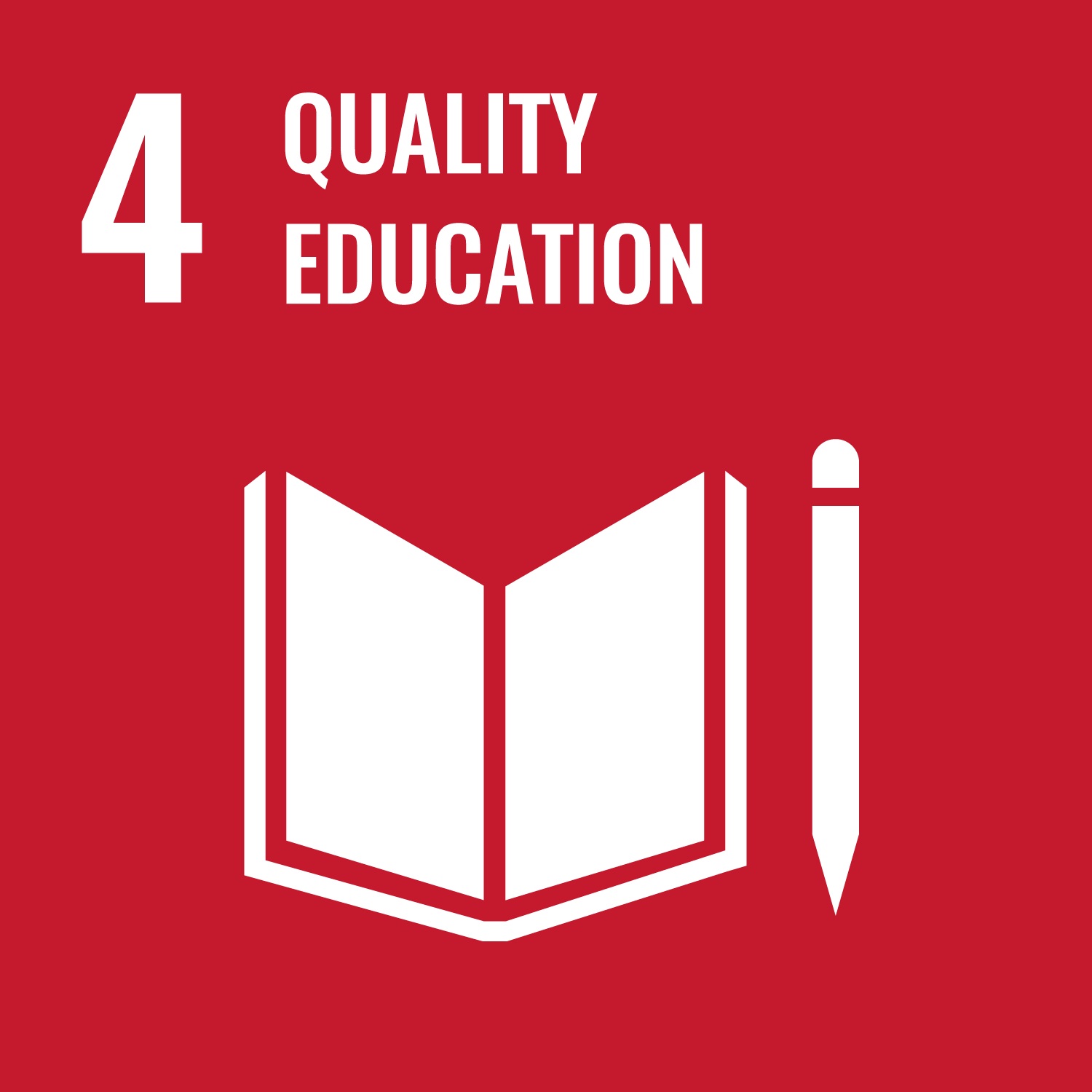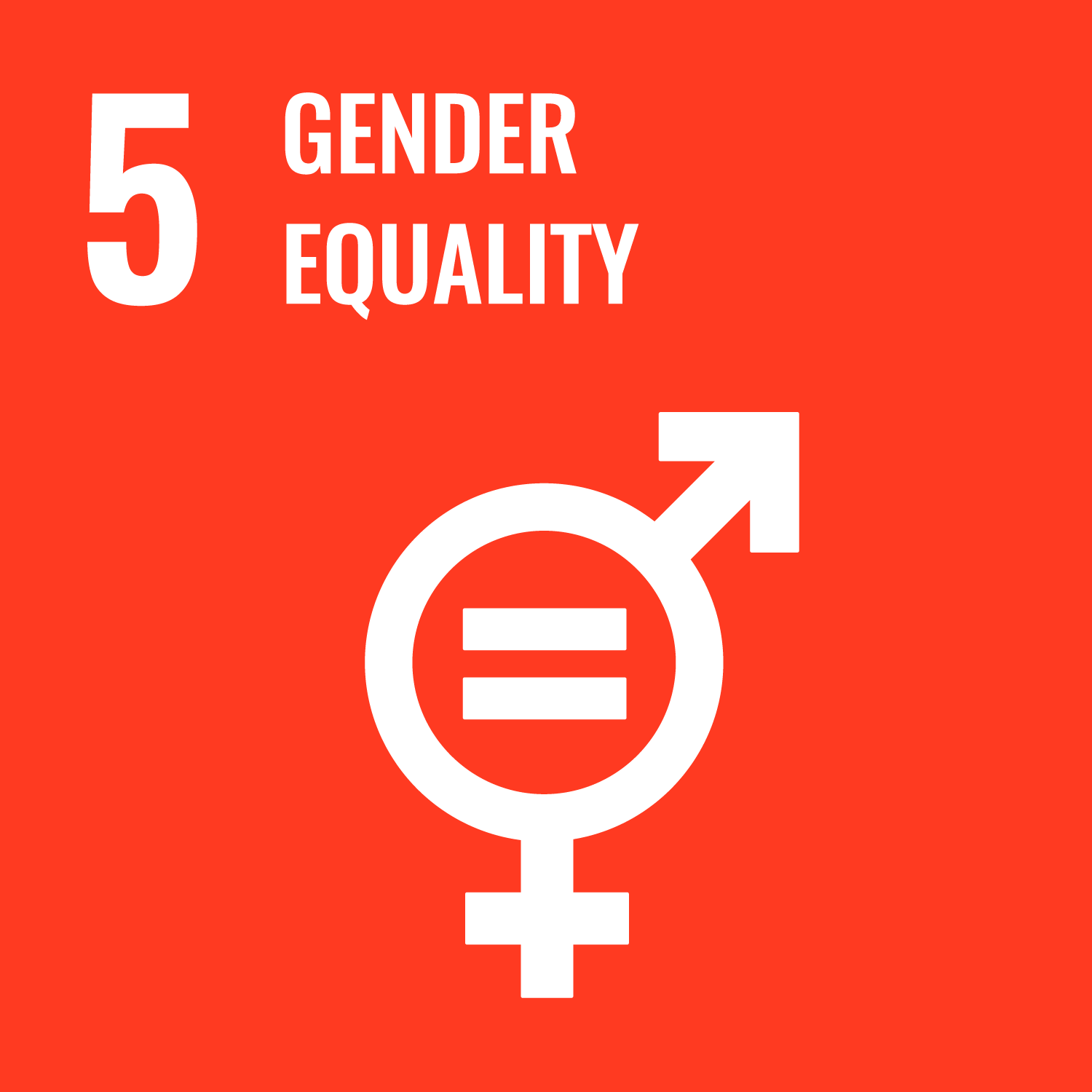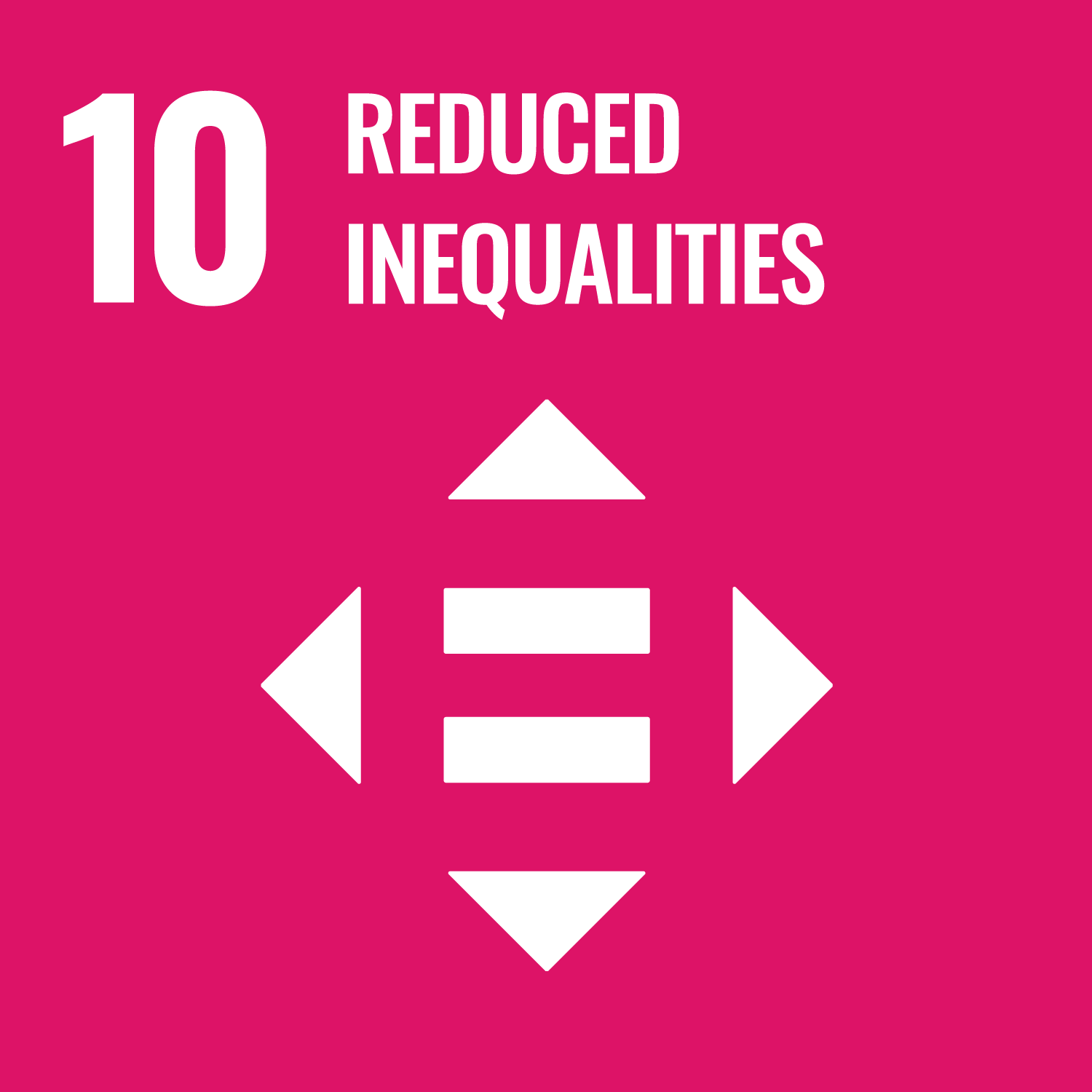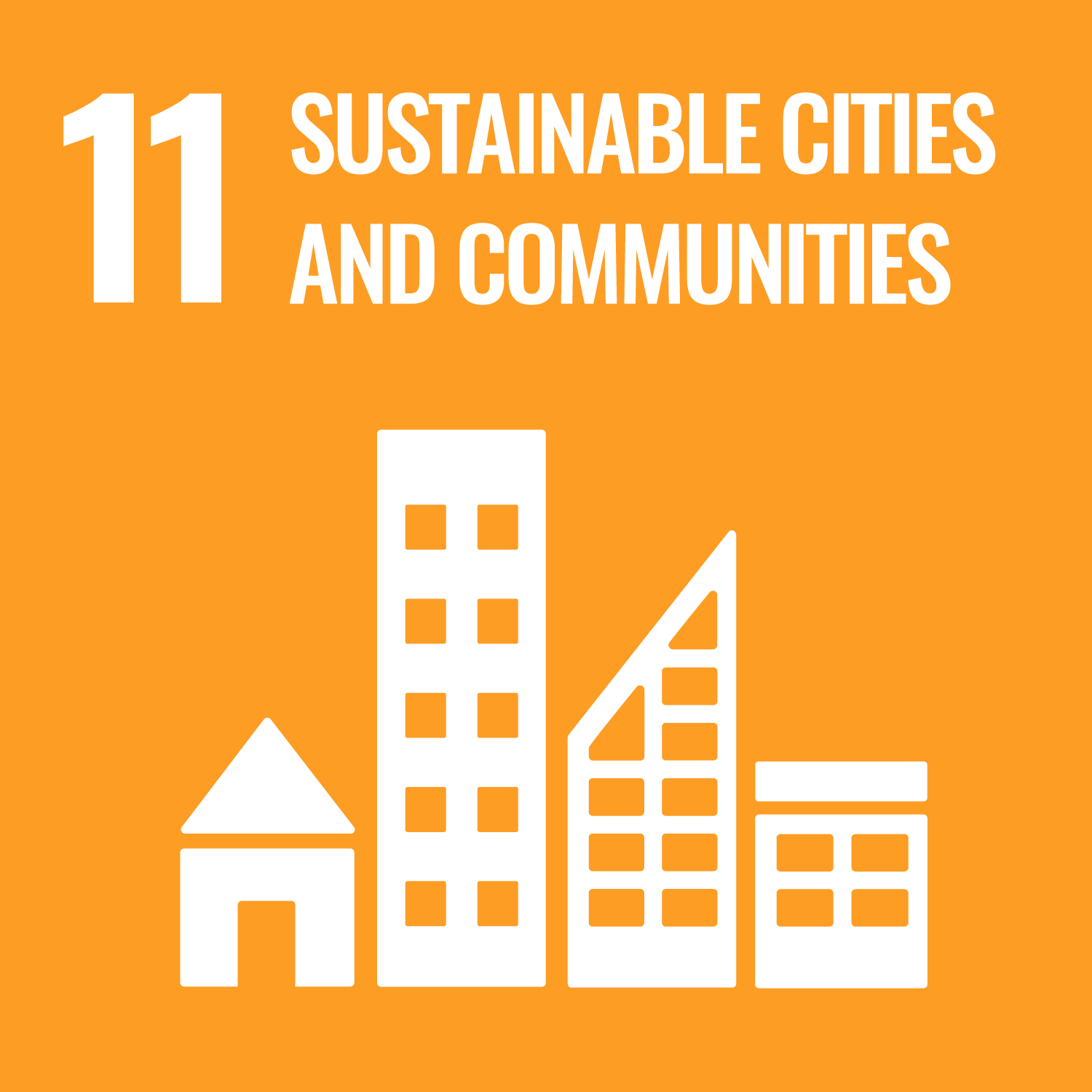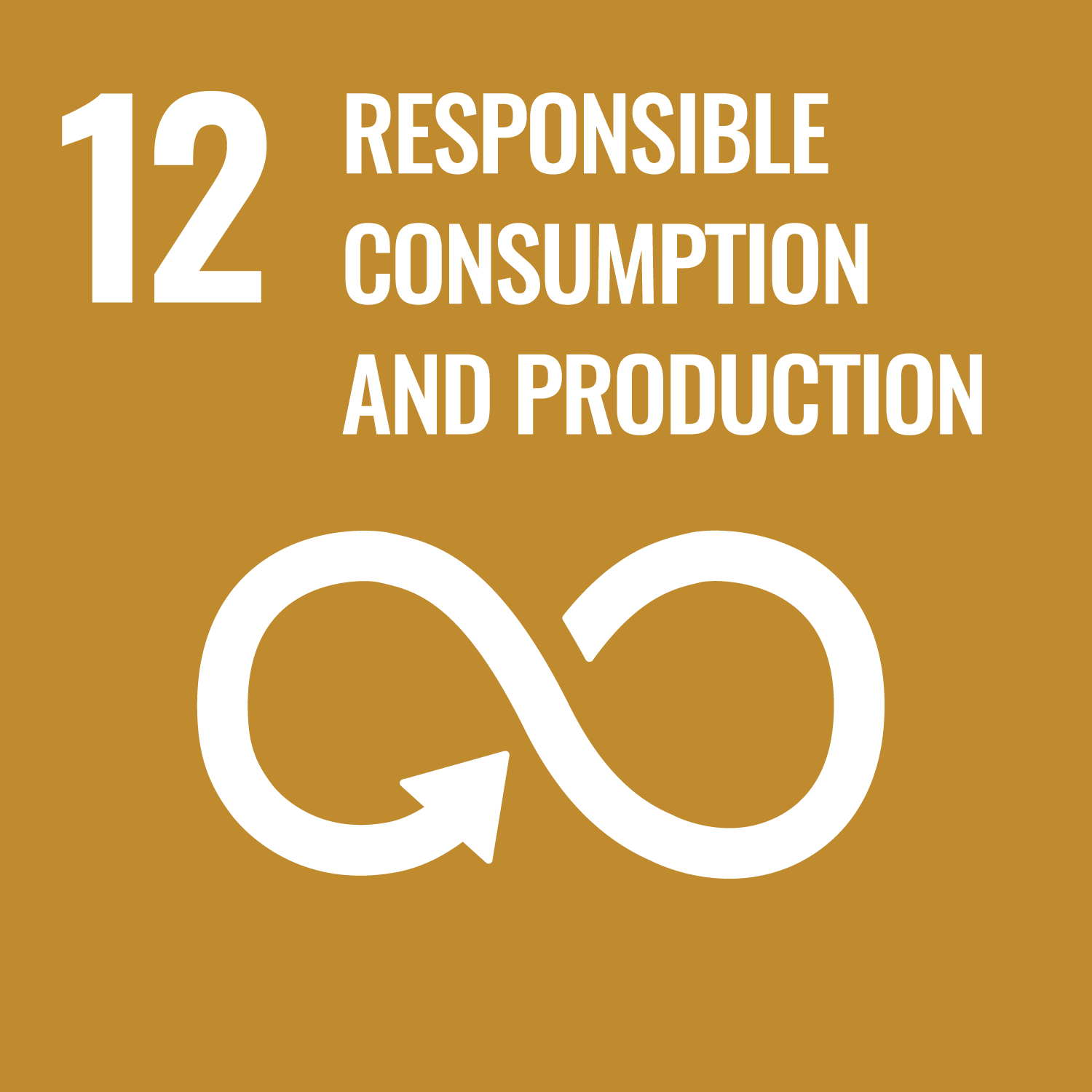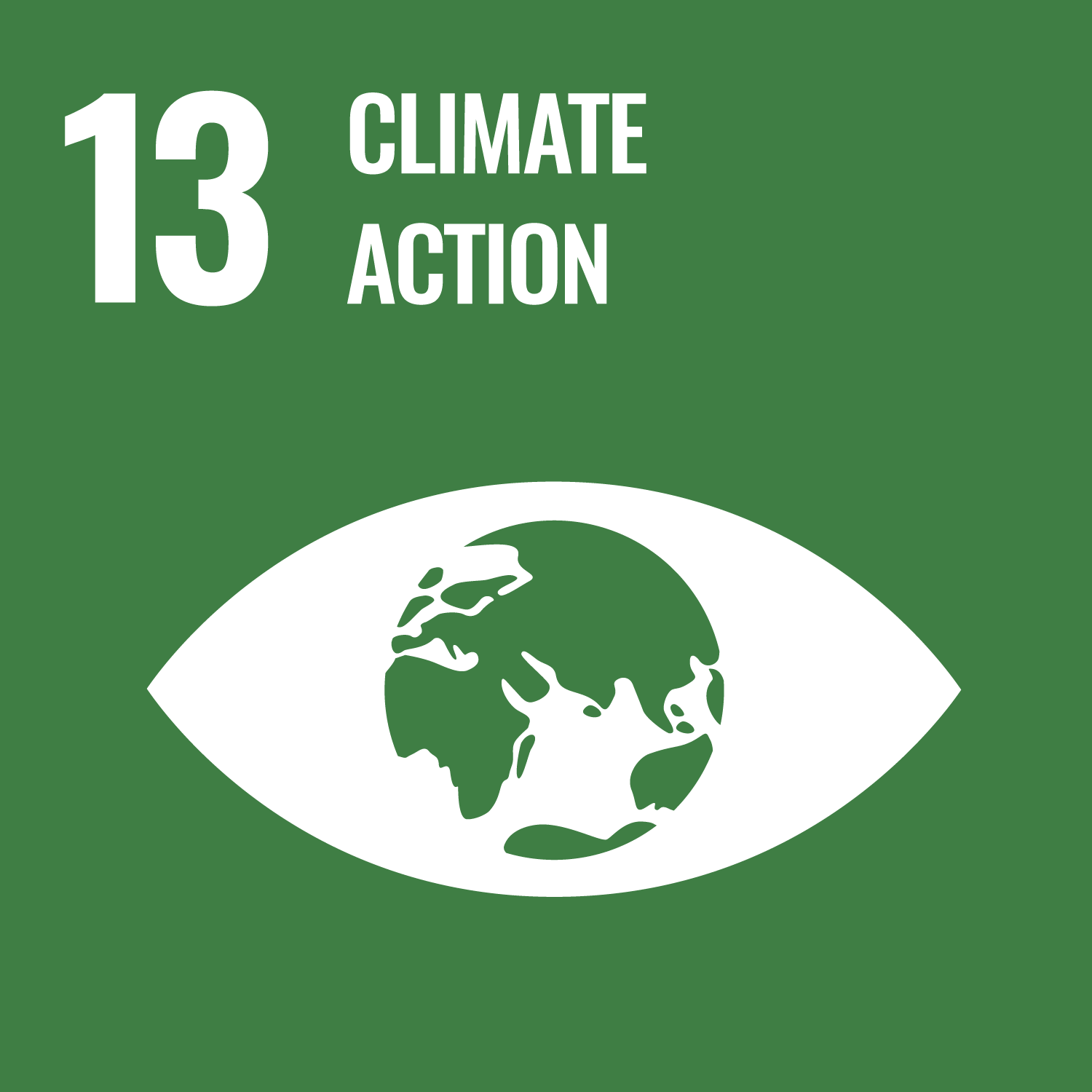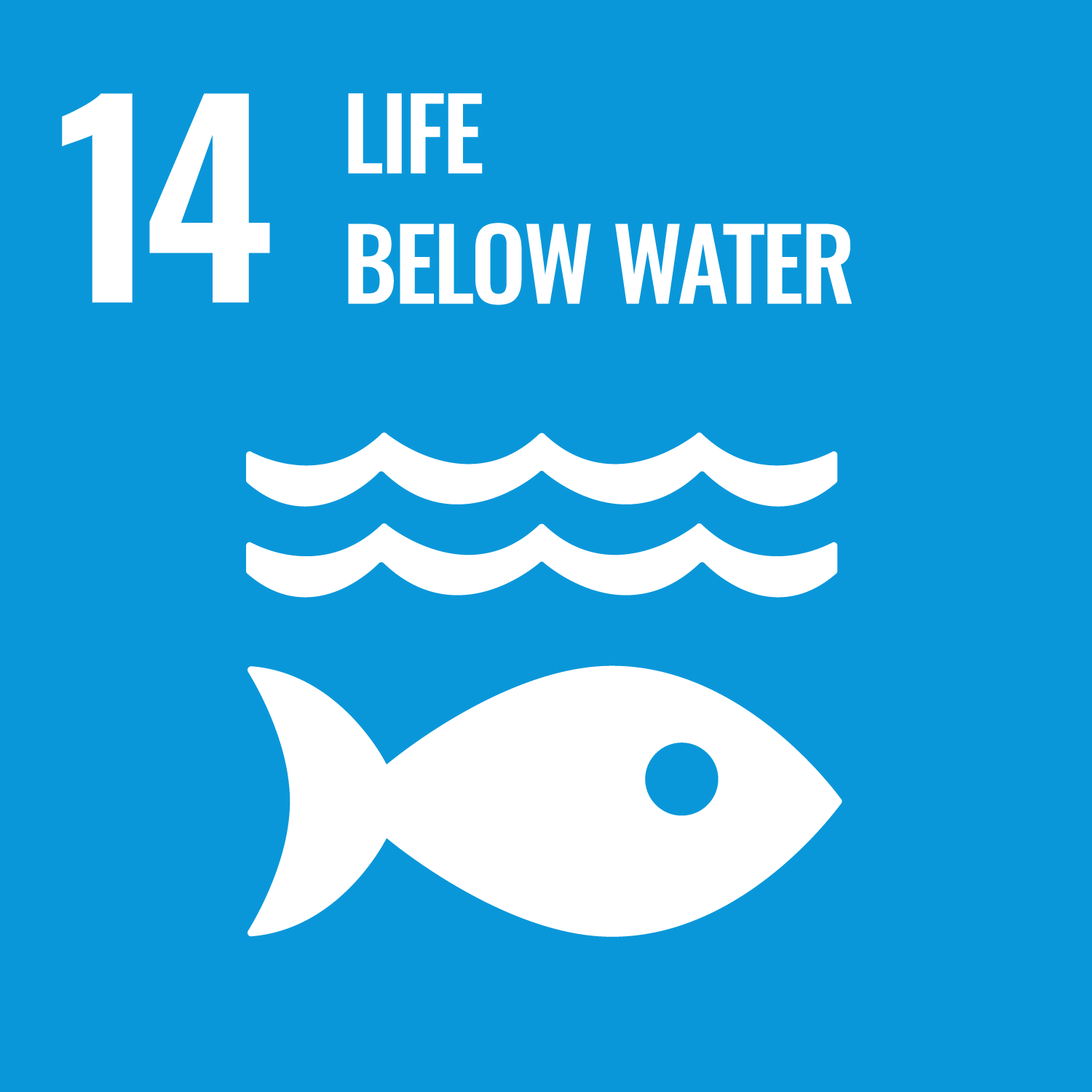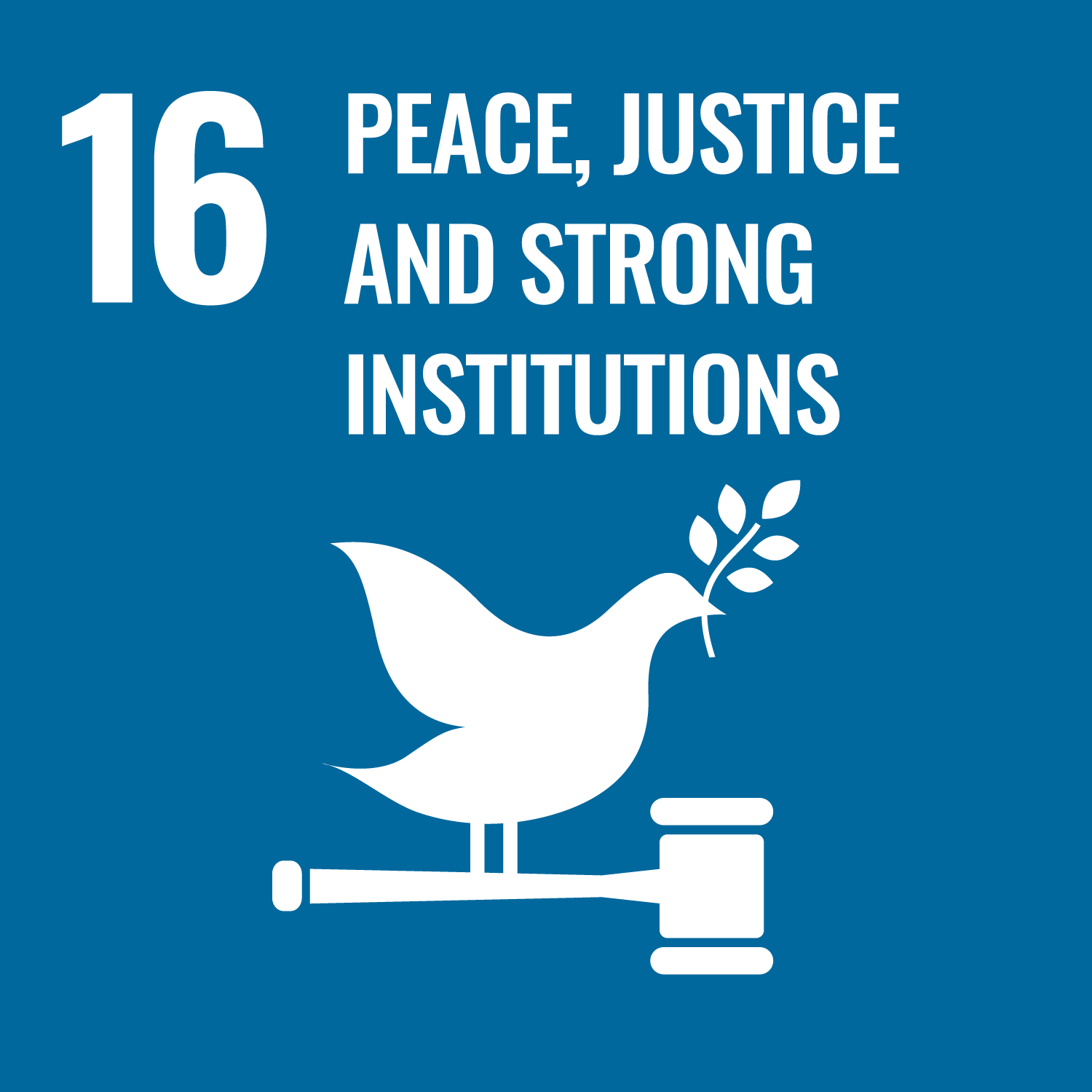Two essays by Roman Jakobson, translated into English: ‘About Mayakovsky’s Later Lyrical Poems’ and ‘Dostoyevsky Echoed In Mayakovsky’s Work’
The two essays by Roman Jakobson which are now presented in English translation for the first time were originally published in Russian, in one of the nine volumes (a tenth volume is under preparation, edited by Professor Linda Waugh) of Jakobson’s Selected Writings. In keeping with a number of his other essays in various languages, it was published in Russian, in the English edition: Selected Writings, Vol 5, On Verse, Its Masters and Explorers (1979) The Hague, Mouton (pp382-412). The title details of the essays are: КПОЗДНЕЙ ЛИРИКЕ МАЯКОВСКОГО (pp382-405), translated as: ‘About Mayakovsky’s Later Lyrical Poems’; and ДОСТОЕВСКИЙ В ОТГОЛОСКАХ МАЯКОВСКОГО (pp406-412), translated as: ‘Dostoyevsky Echoed In Mayakovsky’s Work’. These essays were originally written as a commentary to previously unpublished texts by the Russian poet Vladimir Mayakovsky for an edition of his work Russkij literaturnyi arxiv (1956) New York, Harvard University Press.
Roman Jakobson wrote about Mayakovsky in his essay: ‘On a Generation That Squandered Its Poets’ in 1931. It was re-published in English in Language in Literature (1987) Cambridge MA, Harvard University Press (pp273-300). These two newly translated essays reveal insights, not only into Mayakovsky but into Roman Jakobson himself, both as a theoretician and as a person. Known for his commitment to, and exploration of Formalism, the essays also reveal the more personal biographical response of a close friend. However, Jakobson clearly states his Formalist analytical position in the opening sentence of the first essay: ‘In Mayakovsky’s literary works, love poems and lyrical cycles befittingly alternate with lyrical epic poems about world events’. As is indicated in the Colloquium essay to which these translations provide an addendum, this alternation of composition is also evident within individual poems. After providing details of Mayakovsky’s personal life events, Jakobson returns to Formalist analysis, in the penultimate paragraph of the second essay, stating that Mayakovsky often made:
‘declarations about the alternation of genres and their dramatic collisions; about the fight between the lyrical and anti-lyrical inspiration. This is not a fight that was imposed upon the poet. No one could have imposed anything upon such a stubborn poet’.
The English translation of these essays provides fresh knowledge of Roman Jakobson the theorist by revealing how he uses personal biographical details to provide material for his Formalist analysis.
| Item Type | Conference or Workshop Item (Other) |
|---|---|
| Keywords | Roman Jakobson, Vladimir Mayakovsky, Fyodor Dostoyevsky, Formalism, poetry and poetics |
| Subjects |
Culture, Language & Literature English |
| Divisions | Institute of English Studies |
| Date Deposited | 13 Jan 2016 11:59 |
| Last Modified | 06 Aug 2024 04:31 |

